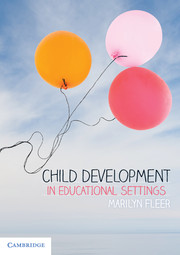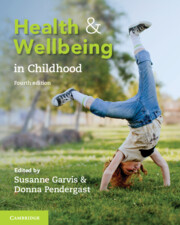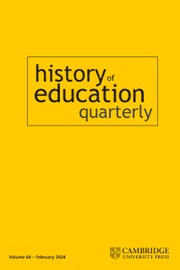Child Development in Educational Settings
Child Development in Educational Settings provides a comprehensive introduction to traditional and contemporary theories of development and learning in the contexts of early childhood and primary education. Drawing upon the experiences and perspectives of children, families, educators and Aboriginal and Torres Strait Islander scholars, Marilyn Fleer provides insights into significant theories and approaches, including cultural-historical, constructivist, social constructivist, maturational and ecological systems. The book features four major case studies, which are revisited throughout, to examine how learning and development can be re-imagined within socially, culturally and linguistically diverse communities. This approach enables readers to use theories to analyse and measure learning and development in planning and curriculum, and to feel empowered to enact change in their educational settings. Written in an engaging and accessible style, Child Development in Educational Settings is an essential resource for pre-service teachers and professionals alike.
- Provides a fresh, new approach to studying child development and learning
- Focuses on significant contemporary theories and diverse perspectives to build a deep understanding of development and learning in culturally diverse contexts
- Four major case studies illustrate learning and development within socially, culturally and linguistically diverse communities
Product details
April 2018Paperback
9781316631881
270 pages
250 × 176 × 15 mm
0.51kg
71 b/w illus. 8 tables
Available
Table of Contents
- Part I. The Need for Theory: Understanding the Different Contexts of Child Development:
- 1. Introduction: starting your journey
- 2. Understanding and using theory in educational settings
- 3. Observing children and using theory to analyse learning and development
- Part II. Using Child Development Theory: What Does Theory Allow Us to See?:
- 4. Using constructivist theory for analysing learning and development
- 5. Using a bioecological model for analysing learning and development
- 6. Using cultural-historical theory for analysing learning and development
- 7. Children and families in Australia as agents of their own development
- 8. Ways of knowing, ways of being and ways of doing
- Part III. Critiquing Theory: Thinking Critically about Child Development:
- 9. How do theories position children, families and communities?
- 10. Future directions: how theories support ongoing change.




